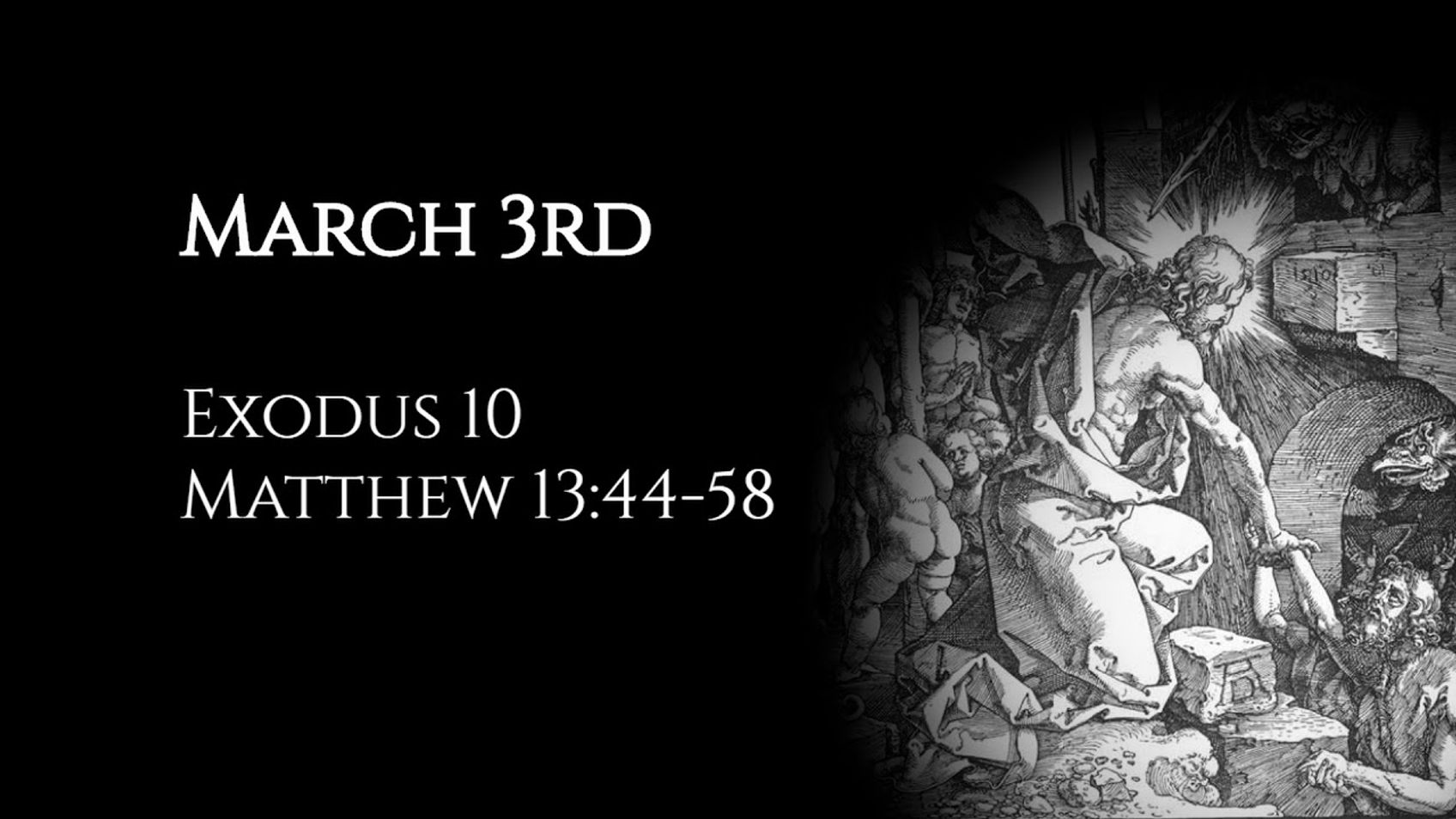March 3rd: Exodus 10 & Matthew 13:44-58

Locusts and darkness. Treasure, Pearl, and Dragnet.
Genesis 22:17 (locusts punning on multiplying); Genesis 41:23 (the east wind); Exodus 14:28 (not one of the Egyptians left).
Habakkuk 1:14-17, Ezekiel 32:3, 47:10 (dragnets and fishing).
Reflections upon the readings from the ACNA Book of Common Prayer (http://bcp2019.anglicanchurch.net/).
If you have enjoyed my output, please tell your friends. If you are interested in supporting my videos and podcasts and my research more generally, please consider supporting my work on Patreon (https://www.patreon.com/zugzwanged), using my PayPal account (https://bit.ly/2RLaUcB), or by buying books for my research on Amazon (https://www.amazon.co.uk/hz/wishlist/ls/36WVSWCK4X33O?ref_=wl_share).
The audio of all of my videos is available on my Soundcloud account: https://soundcloud.com/alastairadversaria. You can also listen to the audio of these episodes on iTunes: https://itunes.apple.com/gb/podcast/alastairs-adversaria/id1416351035?mt=2.
More From Alastair Roberts

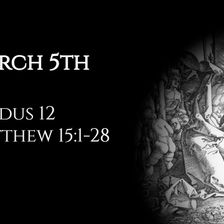
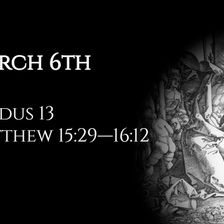

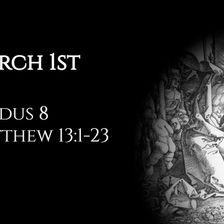
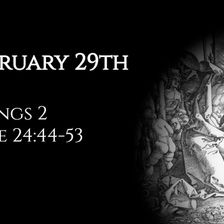
More on OpenTheo















